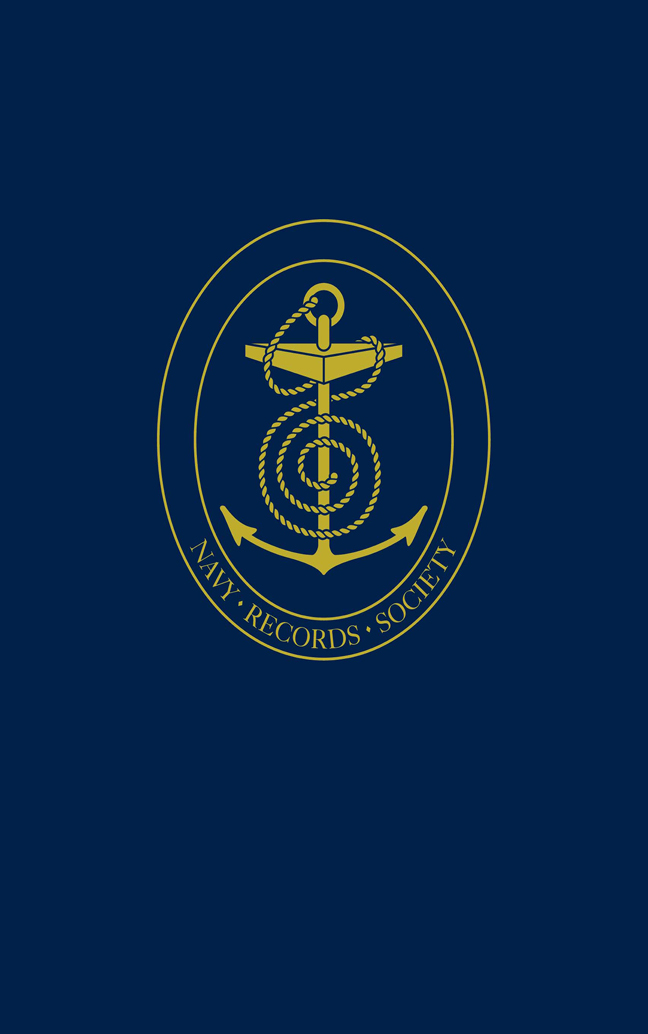 Papers and Correspondence of Admiral Sir John Thomas Duckworth
Papers and Correspondence of Admiral Sir John Thomas Duckworth Book contents
- Frontmatter
- Dedication
- Contents
- Glossary of Abbreviations
- Introduction
- Part I Spithead, Leeward Islands, Virginia, 1793
- Part II The English Channel, First of June Fight, 1793–1795
- Part III Jamaica, 1795–1797
- Part IV Mutiny, Blockade of Brest, Ireland, 1797–1798
- Part V Mediterranean, Minorca, Cadiz Blockade, 1798–1800
- Part VI Leeward Islands, 1800–1801
- Part VII Jamaica, 1801–1802
- Appendix: Observations upon the Trade Proposed Between St Domingo and Jamaica
- Sources and Documents
- Index
- Miscellaneous Endmatter
Appendix: Observations upon the Trade Proposed Between St Domingo and Jamaica
Published online by Cambridge University Press: 05 March 2024
- Frontmatter
- Dedication
- Contents
- Glossary of Abbreviations
- Introduction
- Part I Spithead, Leeward Islands, Virginia, 1793
- Part II The English Channel, First of June Fight, 1793–1795
- Part III Jamaica, 1795–1797
- Part IV Mutiny, Blockade of Brest, Ireland, 1797–1798
- Part V Mediterranean, Minorca, Cadiz Blockade, 1798–1800
- Part VI Leeward Islands, 1800–1801
- Part VII Jamaica, 1801–1802
- Appendix: Observations upon the Trade Proposed Between St Domingo and Jamaica
- Sources and Documents
- Index
- Miscellaneous Endmatter
Summary
The date of this document is after the agreement mentioned between General Maitland and Toussaint, which was concluded in 1798. (It is filed at the National Maritime Museum in the Duckworth documents of 1794.) It appears to be a bureaucratic discussion paper concerning the trading conditions between Britain and Jamaica on one side, St Domingo as an independent state on the second, and the United States on the third. The date must therefore be between 1798 and 1802, when the French expedition arrived to attempt to reconquer the former colony. It was a problem which Duckworth as commander-in-chief had to cope with when he first arrived at Jamaica, and for several years afterwards, and this must explain its presence in his documents.
[DUC/2]
[Undated]
The intercourse at present permitted to American vessels with the British colonies in the West Indies is not under the sanction of any law passed for that purpose, but under the authority of the King in Council, and an Act of Parliament passed annually to indemnify all those officers of the Crown who are acting under the same.
The trade permitted to American vessels with the British colonies is to import to them articles the growth or produce of America only, not being manufactures, and to export from the said colonies the produce of them only, excepting dyewoods, mahogany and cotton, which being articles essential to the British manufacturies, are restricted from being sent elsewhere.
Considering America, with relation to St Domingo and the trade about to be opened, between that country, Great Britain and Jamaica, in which America is to partake, the strongest reasons present themselves for America becoming shortly professed thereof, nearly to the exclusion of Great Britain and her colonies.
American vessels navigate at about one half less expense than Brit-ish vessels, and as no restriction can be lain upon their vessels, as to the articles to be by them imported into St Domingo, they will carry the different manufactures of German linen obtained at Hamburgh, (which are more acceptable to the French than goods of British manufacture). These they will carry to St Domingo upon such terms as to undersell the British merchants, importing these articles even direct from Great Britain, and to the exclusion of the English manufactures in a certain degree.
- Type
- Chapter
- Information
- Papers and Correspondence of Admiral Sir John Thomas DuckworthVolume 1: The French Revolutionary War, 1793–1802, pp. 511 - 516Publisher: Boydell & BrewerFirst published in: 2024
